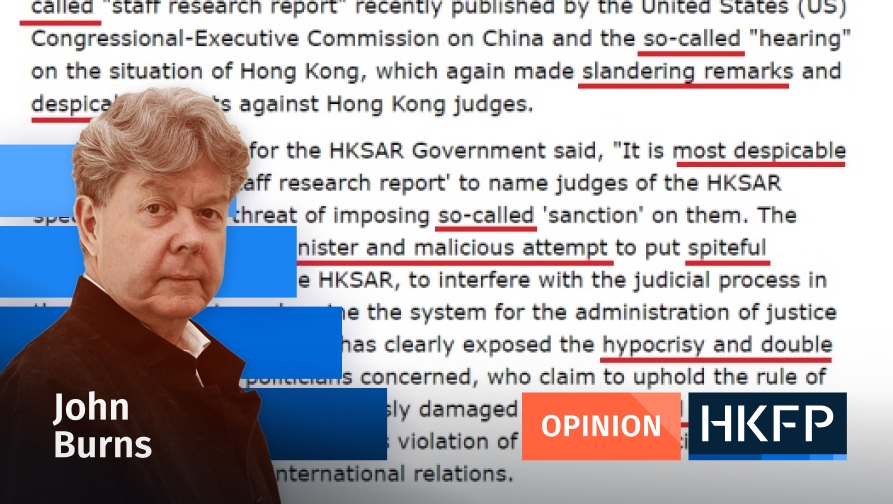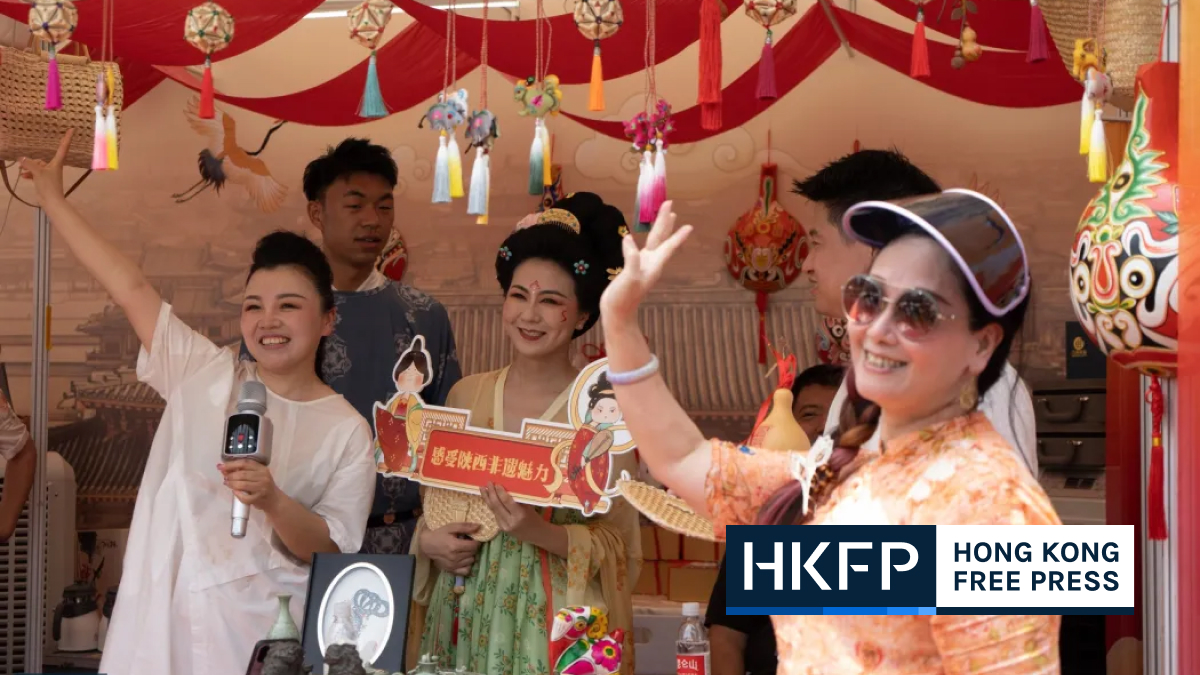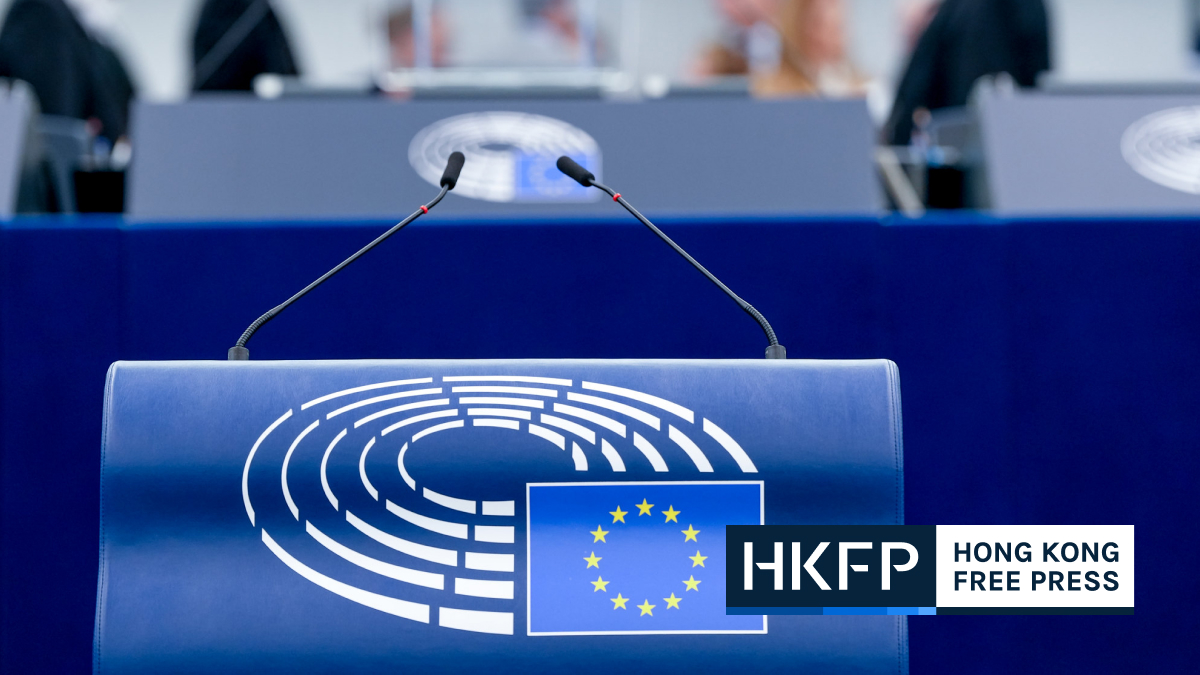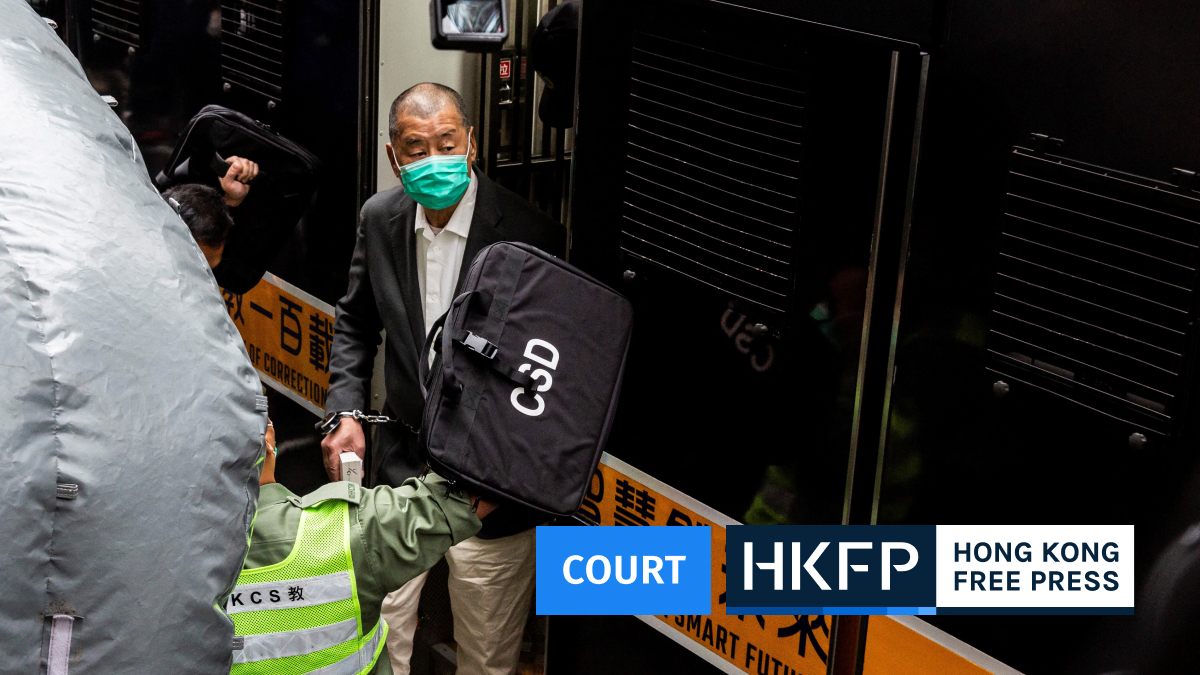Hong Kong’s homegrown Safeguarding National Security Ordinance has come into effect, four days after the legislation was unanimously approved at the city’s opposition-free legislature.
Separate to the 2020 Beijing-enacted security law, the new legislation – gazetted midnight on Saturday – targets treason, insurrection, sabotage, external interference, sedition, theft of state secrets and espionage. It allows for pre-charge detention of to up to 16 days, and suspects’ access to lawyers may be restricted, with penalties involving up to life in prison.
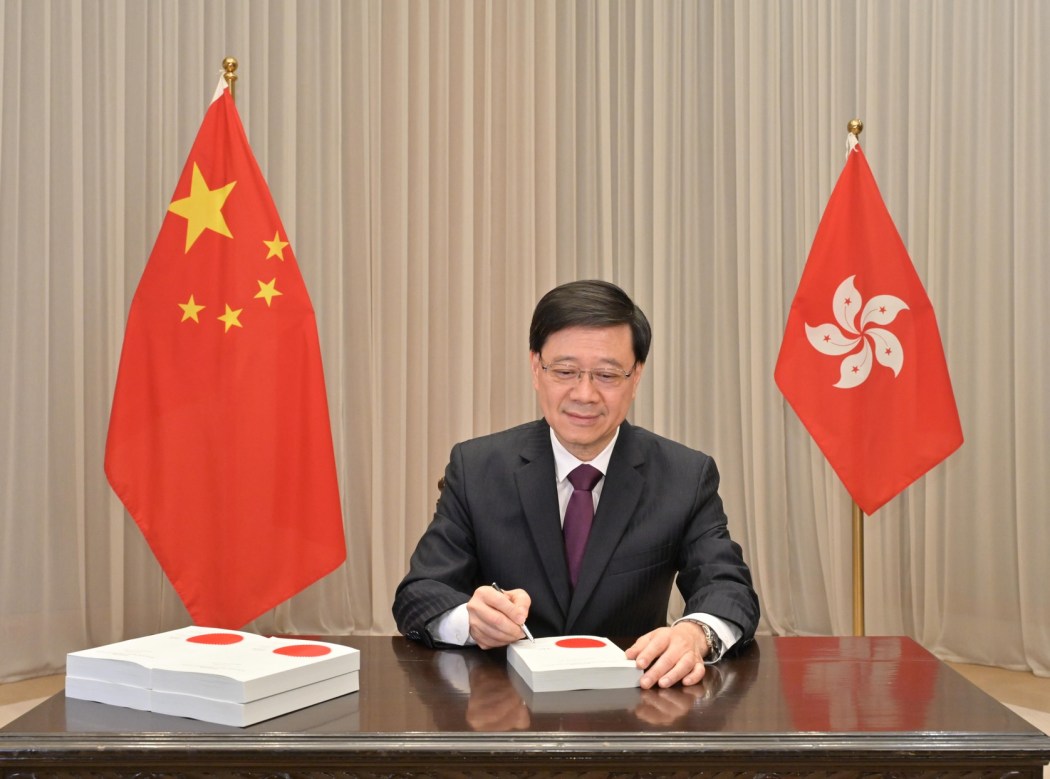
“The Safeguarding National Security Ordinance will bring safety to society. With safety comes stability; with stability comes prosperity,” Lee said according to a Friday press release. “A safe and stable environment is crucial to the success of business activities and enterprises, without which businesses might suffer financial losses, and their investments and operations could be sabotaged or come under attack. Therefore, a safe and stable environment will make Hong Kong an attractive place for enterprises and investments… From tomorrow on, the national security of the HKSAR will be more effectively safeguarded, allowing Hong Kong to move forward without worries or burden.”


Article 23 of the Basic Law was shelved in 2003 amid mass protests, remaining taboo for years. But it was fast-tracked at the city’s “patriots only” parliament after its introduction just 15 days ago.
The law has been criticised by rights NGOs, Western states and the UN as vague, broad and “regressive.” Authorities, however, cited perceived foreign interference and a constitutional duty to “close loopholes” after the 2019 protests and unrest.
‘Glorious achievement’
Hong Kong leader John Lee and other government officials met the Director of the Hong Kong and Macao Affairs Office Xia Baolong in Shenzhen on Thursday, with Lee describing the new ordinance as a “glorious achievement.”


As he reported on recent city developments, Lee told Xia that the legislation had “strong popular support,” and its early completion reflected the “consensus” of the Hong Kong community. The government earlier claimed that close to 100 per cent of the submissions it received during a public consultation period for the legislation expressed support.
Maya Wang, of NGO Human Rights Watch, decried a “new era of authoritarianism,” in a statement on Tuesday. Meanwhile, Amnesty International China Director Sarah Brooks told HKFP on Wednesday that the new legislation had “an inherent vagueness that makes it almost impossible for people in Hong Kong to know for sure whether or not they may be violating the law… of course, its vagueness and broadness appear to be by design, in order to foster a climate of fear and a chilling effect.”
The US, EU and UK raised further concerns about human rights following the law’s passage, prompting the Hong Kong authorities to hit back over alleged “double standards” and “distortion of the facts.”
Support HKFP | Policies & Ethics | Error/typo? | Contact Us | Newsletter | Transparency & Annual Report | Apps
Help safeguard press freedom & keep HKFP free for all readers by supporting our team
























